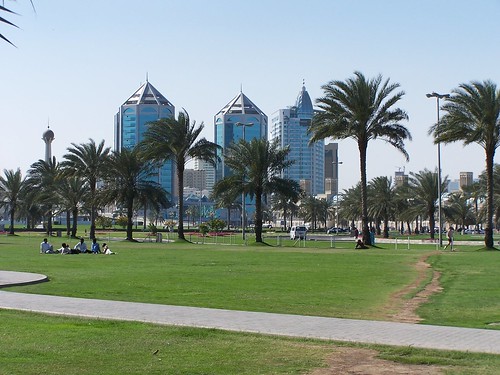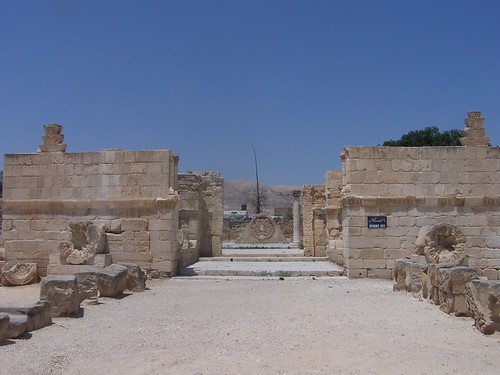Iran's Defense Posture
"The USG Open Source Center translated remarks to Iranian television of General Hoseyn Salami, commander of the Iranian Revolutionary Guards Air Force concerning Iran's Monday missile tests (Islamic Republic of Iran News Network Television (IRINN), Monday, September 28, 2009):
"Gen. Salami said, 'as long as our enemies act within a political domain, our behavior will be completely political. However, if they want to leave the domain of political action and enter the domain of military threat, then our action will be exactly and completely military.'...
"Many Western media reports implied that the missile tests were launched along with threats to wipe out Israel. But note that the commanding officer overseeing them explicitly restated Iran's 'no first strike' pledge...
"Salami linked the tests strongly to Iran's defensive needs and pointed out they came before the anniversary of Iraq's 1980 attack on Iran, which kicked off a highly destructive 8-year war that killed on the order of 250,000 Iranians. (The United States supported Iraq in that war.) The trauma of being invaded by a rapacious enemy at a moment of national weakness after the 1979 revolution has deeply informed Iranian political leaders' views of the world ever since."
I do believe that Iran wants at the very least the "break out" capacity to develop nuclear weapons quickly. However, there's nothing whatsoever to suggest Iran is interesting in actually using such weapons, or waging any major wars of aggression. It is simply a rival of Pakistan and Israel, both nuclear powers.
Labels: Iran




